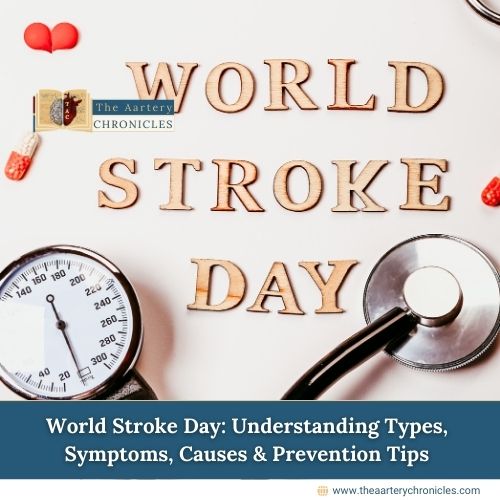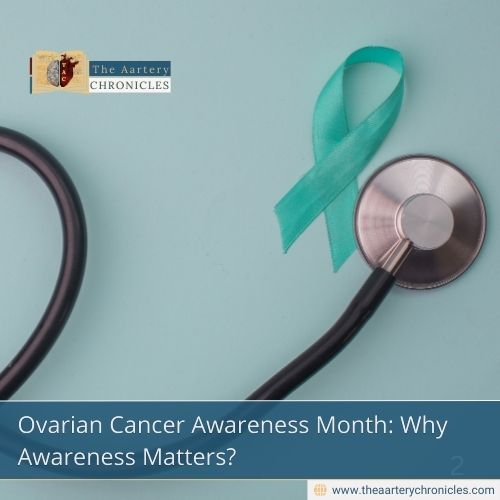A Global Upsurge in the Cases of Cholera Raises Alarm
Cholera, a disease as ancient as civilization itself, continues to haunt humanity, particularly in regions grappling with poverty, inadequate sanitation, and conflict. While progress has been made in combating the spread of cholera, recent years have seen a resurgence of outbreaks, raising concerns among health experts and policymakers worldwide.
Historical Context of Cholera
The history of cholera traces back to ancient times, with documented outbreaks in regions such as the Ganges Delta of India. However, it wasn’t until the 19th century that cholera captured global attention, spreading rapidly across continents through trade routes and maritime travel. The disease’s devastating impact was felt most acutely in densely populated urban areas with poor sanitation, where contaminated water sources fuel epidemics, causing widespread mortality. [1]
Understanding the Disease
Vibrio cholerae, the bacterium responsible for cholera, infects the small intestine, where it produces a toxin that triggers severe diarrhoea and dehydration. The primary mode of transmission is through the ingestion of contaminated food or water, particularly in areas with inadequate sanitation infrastructure.
Cholera infections can manifest as mild or asymptomatic in some cases. However, approximately 10% of infected individuals experience severe symptoms, which typically develop between 12 hours to five days after ingesting the bacteria. These severe symptoms include:
- Diarrhoea (extremely watery stool with a pale milky appearance)
- Dehydration
- Nausea and vomiting
- Muscle cramps
- Electrolyte imbalance
- Low blood pressure
- Shock
Without prompt treatment, dehydration can lead to kidney failure, shock, coma, and death within hours. [2]
Global Resurgence
Despite decades of successful efforts in combating cholera, there has been a resurgence in cases worldwide, marking the ongoing seventh global cholera pandemic since the 1960s. This resurgence, particularly notable since mid-2021, has seen a significant increase in outbreaks, even in countries with no recent history of the disease.
From 2022 to 2023, at least 29 countries reported cholera outbreaks, putting over one billion people at direct risk of infection. The simultaneous occurrence of multiple outbreaks, their spread to regions previously unaffected by cholera for many years, and the high mortality rates associated with these outbreaks present a substantial threat to global health security. This rise in cases has prompted urgent calls from health officials and experts for comprehensive strategies to combat the highly contagious disease. Furthermore, challenges such as limited access to clean water, adequate sanitation, and vaccinations further complicate efforts to mitigate the impact and save lives. [3]
Key facts about the global resurgence of cholera
- As the year 2024 approaches, concerning statistics emerge, with January alone witnessing 40,900 cases and 775 deaths reported across 17 countries spanning four regions: African, Eastern Mediterranean, American, and South-East Asian regions.
- A serious scarcity of oral cholera vaccines (OCV) continues to impede the global cholera response.
- The global cholera vaccine stockpile is currently awaiting replenishment as a result of the sharp increase in demand for OCV between January 2023 and January 2024.
- In 2023, the World Health Organization identified the global resurgence of cholera as a grade 3 emergency. [4]

Challenges in Control and Prevention
Cholera is treatable and preventable, and combating it requires a multi-faceted approach, addressing both immediate public health concerns and underlying socio-economic determinants. Access to clean water and sanitation infrastructure is essential for preventing cholera transmission, yet many communities lack these basic necessities. Strengthening healthcare systems, improving surveillance and early detection, and promoting hygiene education are critical components of cholera control efforts. [1]
WHO 2024 Response Strategy to Combat the Global Resurgence of Cholera
As described in the World Health Organization’s Global Strategic Preparedness, Readiness, and Response Plan (SPRP) for 2023-24, WHO and its collaborators will persist in aiding member states in preventing, preparing for, and addressing current cholera outbreaks worldwide.
The World Health Organization (WHO) has formulated a response strategy for 2024 to tackle the global resurgence of cholera. This strategy is designed to address the increasing number of cholera cases worldwide and mitigate its impact on public health. Key components of the WHO’s response strategy include:
- Prevention: Emphasizing the importance of preventive measures such as improved WASH, which includes access to clean water, improved sanitation facilities, and hygiene education. Implementing vaccination campaigns for the oral cholera vaccine (OCV) in high-risk areas to protect vulnerable populations from cholera.
- Preparedness: Working with Member States to enhance preparedness for cholera outbreaks through strengthening surveillance systems, improving laboratory capacity for early detection, and establishing rapid response mechanisms.
- Response: Providing support to affected countries in responding to cholera outbreaks by deploying emergency medical teams, supplying essential medicines and supplies, and coordinating international assistance efforts.
- Capacity Building: Building the capacity of healthcare workers and local communities to effectively manage cholera cases through training programs, workshops, and knowledge-sharing initiatives.
- Research and innovation: Investing in research to develop new tools, technologies, and strategies for cholera prevention, diagnosis, and treatment. Promoting innovation in water and sanitation technologies to improve access to safe drinking water and sanitation facilities.
- Advocacy and awareness: Raising awareness about cholera and its prevention measures among policymakers, healthcare providers, and the general public. Advocating for increased political commitment and funding for cholera control efforts at the national and international levels. [1, 3]
By implementing these strategic interventions, the WHO aims to curb the spread of cholera, reduce morbidity and mortality associated with the disease, and ultimately achieve the goal of cholera elimination in up to 20 countries by the year 2030.
Conclusion
Cholera remains a formidable challenge to global health, demanding sustained attention and investment from the international community. While progress has been made in reducing the burden of cholera, recent outbreaks serve as a stark reminder of the ongoing threat posed by this ancient scourge. By addressing the root causes of cholera, strengthening healthcare systems, and fostering collaboration, we can work towards a world where cholera no longer poses a threat to public health and well-being.

Author: Dr. Anjali Singh
- Medicine and Diseases
- Nutrition and Diet

















